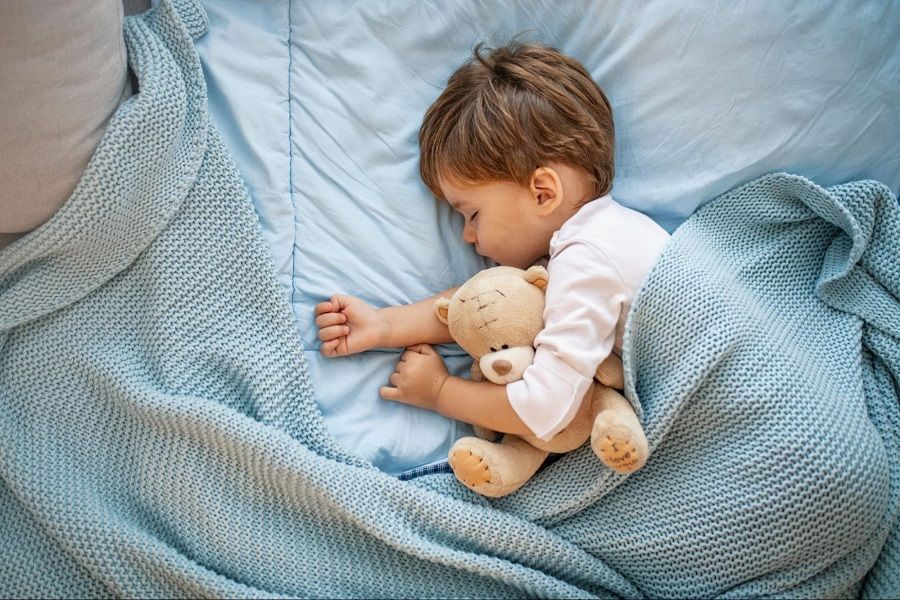
A new study has found that children with less severe symptoms of autism spectrum disorder are more likely to be diagnosed with obstructive sleep apnea.
A recent study in the International Journal of Pediatric Otorhinolaryngology has revealed that children on the autism spectrum (autism spectrum disorder, or ASD) with less severe symptoms are more likely to have obstructive sleep apnea (OSA) than other children both on the spectrum and off.
While it is not known why children on the spectrum are more likely to be affected by sleep apnea than others, there are several theories floating around. One such theory is that these children may be overweight or obese in addition to having autism spectrum disorder.
Another theory is that because these children have less severe autism spectrum disorder symptoms, they may be better able to express to their parents that they are suffering from obstructive sleep apnea symptoms, which include snoring, waking frequently throughout the night, stopping and restarting breathing throughout the night, excessive tiredness during the day, depression, and anxiety. Obstructive sleep apnea can also fuel a number of disorders in adults that could also affect children in some cases, including heart disease, type 2 diabetes, and some types of cancer.
The study went on to say that children with autism spectrum disorder are at a dangerous disadvantage when it comes to autism spectrum disorder, because some of the symptoms of obstructive sleep apnea overlap with symptoms of autism spectrum disorder. This can make diagnosis difficult, and challenge parents in getting a proper diagnosis from their pediatrician due to not reporting the symptoms in the first place.
Worse yet, the overnight test for obstructive sleep apnea, polysomnography, or PSG is often difficult to administer to children with autism spectrum disorder, especially to children who have more severe obstructive sleep apnea symptoms, because these children may have more hesitation to deal with doctors and medical procedures due to the frequency in which they are seen by doctors and specialists due to their ASD.
The good news is that there is treatment for obstructive sleep apnea, even for children. If you believe your child is suffering from any of the above symptoms (whether they have obstructive sleep apnea or not), please speak to your child’s pediatrician or to a sleep specialist as soon as possible. The earlier the detection and treatment of obstructive sleep apnea in children, the better the outcome.






